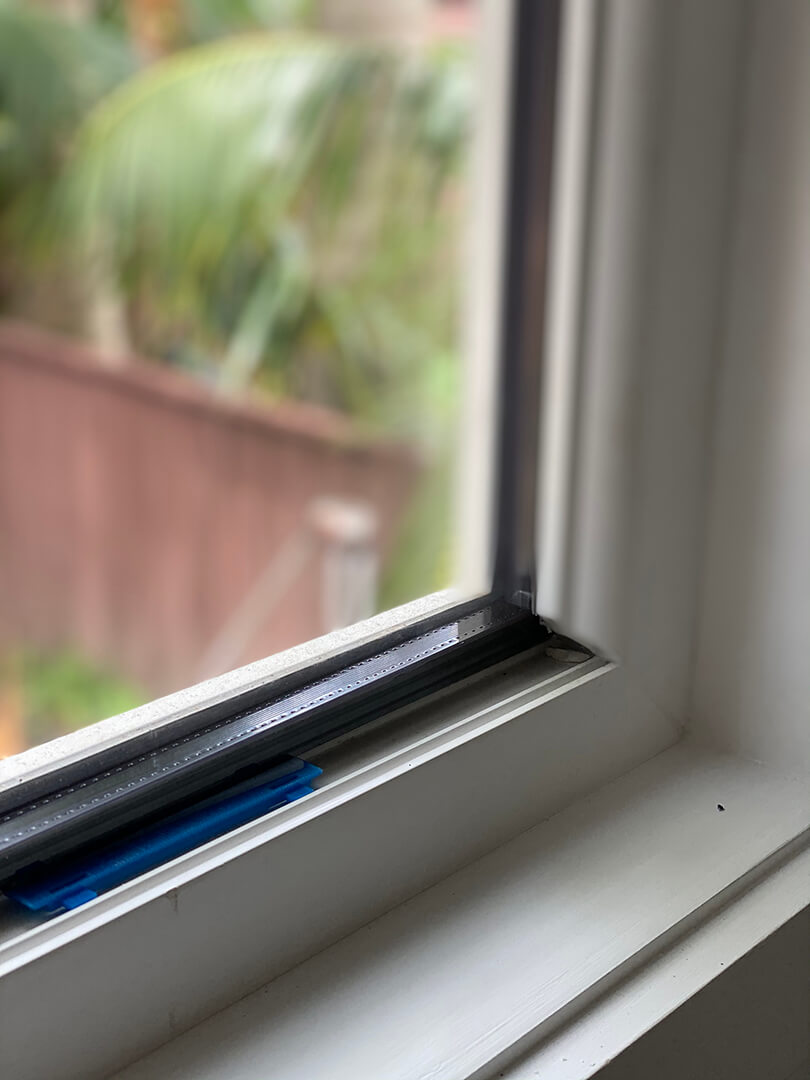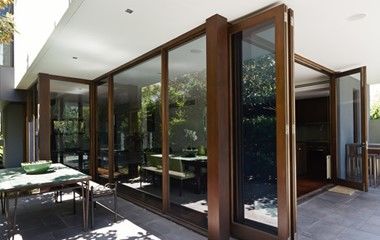All Categories
Featured
Table of Contents
Single, Double Or Secondary Glazing, Which Is The Best ... in Sinagra Perth
Glazing simply indicates the windows in your house, consisting of both openable and fixed windows, as well as doors with glass and skylights. Glazing in fact just implies the glass part, however it is generally utilized to refer to all aspects of an assembly including glass, movies, frames and home furnishings. Taking note of all of these aspects will assist you to attain efficient passive style.
Energy-efficient glazing makes your house more comfortable and significantly decreases your energy costs. However, improper or poorly developed glazing can be a significant source of undesirable heat gain in summertime and substantial heat loss and condensation in winter. Approximately 87% of a house's heating energy can be acquired and as much as 40% lost through windows.
Which Type Of Double Glazed Window Frame Is Right For You? in Hovea Western Australia
Glazing is a significant investment in the quality of your house. An initial financial investment in energy-efficient windows, skylights and doors can considerably reduce your yearly heating and cooling bill.

This tool compares window choices to a base level aluminium window with 3mm clear glass. Comprehending some of the crucial residential or commercial properties of glass will assist you to select the finest glazing for your home. Key residential or commercial properties of glass Source: Adjusted from the Australian Window Association The amount of light that passes through the glazing is called noticeable light transmittance (VLT) or noticeable transmittance (VT).
Double Glazed Windows Sydney & Replacement Windows in Brookdale WA
This may lead you to turn on lights, which will result in greater energy expenses. Conduction is how readily a product conducts heat. This is known as the U worth. The U worth for windows (revealed as Uw), explains the conduction of the whole window (glass and frame together). The lower the U value, the greater a window's resistance to heat circulation and the better its insulating value.
For instance, if your house has 70m2 of glazing with aluminium frames and clear glass with a U value of 6. 2W/m2 C, on a winter's night when it is 15C colder outside compared to indoors, the heat loss through the windows would be: 6. 2 15 70 = 6510W That is comparable to the overall heat output of a large space gas heating unit or a 6.
Why Double Glazing Keeps Your Home Cooler In Summer? in Kalamunda WA

If you choose a window with half the U value (3. 1W/m2 C) (for instance, double glazing with an argon-filled space and less-conductive frames), you can halve the heat loss: 3. 1 15 70 = 3255W The solar heat gain coefficient (SHGC) for windows (expressed as SHGCw) determines how readily heat from direct sunlight streams through an entire window (glass and frame together).
The lower a window's SHGC, the less solar heat it sends to the home interior. The actual SHGC for windows is affected by the angle that solar radiation strikes the glass.
Summer Scorcher Predicted, Again! Double Glazed ... in Victoria Park Perth
When the sun is perpendicular (at 90) to the glass, it has an angle of occurrence of 0 and the window will experience the optimum possible solar heat gain. The SHGC declared by glazing makers is always determined as having a 0 angle of incidence. As the angle increases, more solar radiation is reflected, and less is transmitted.
Latest Posts
Window Glazing For Households - Energy in Millendon Western Australia
Best Double Glazing Brighton Archives in East Victoria Park Perth
Double Glazed Windows Sydney in Duncraig WA